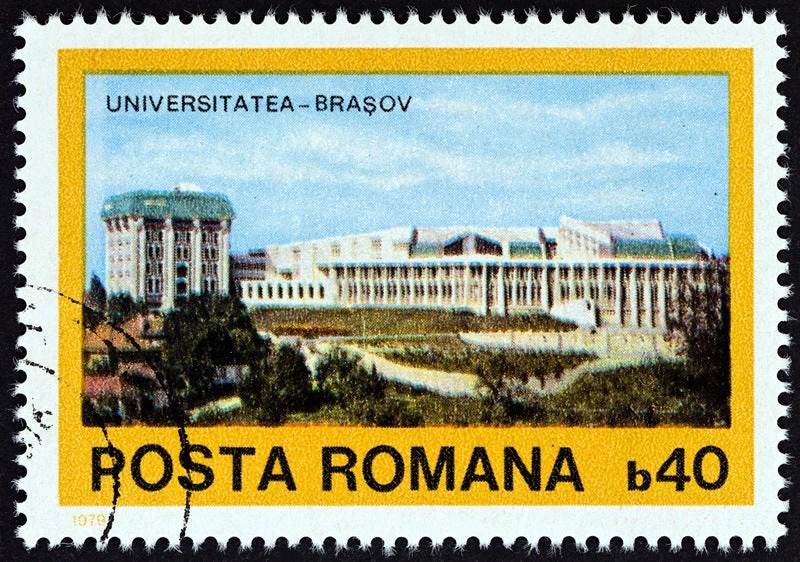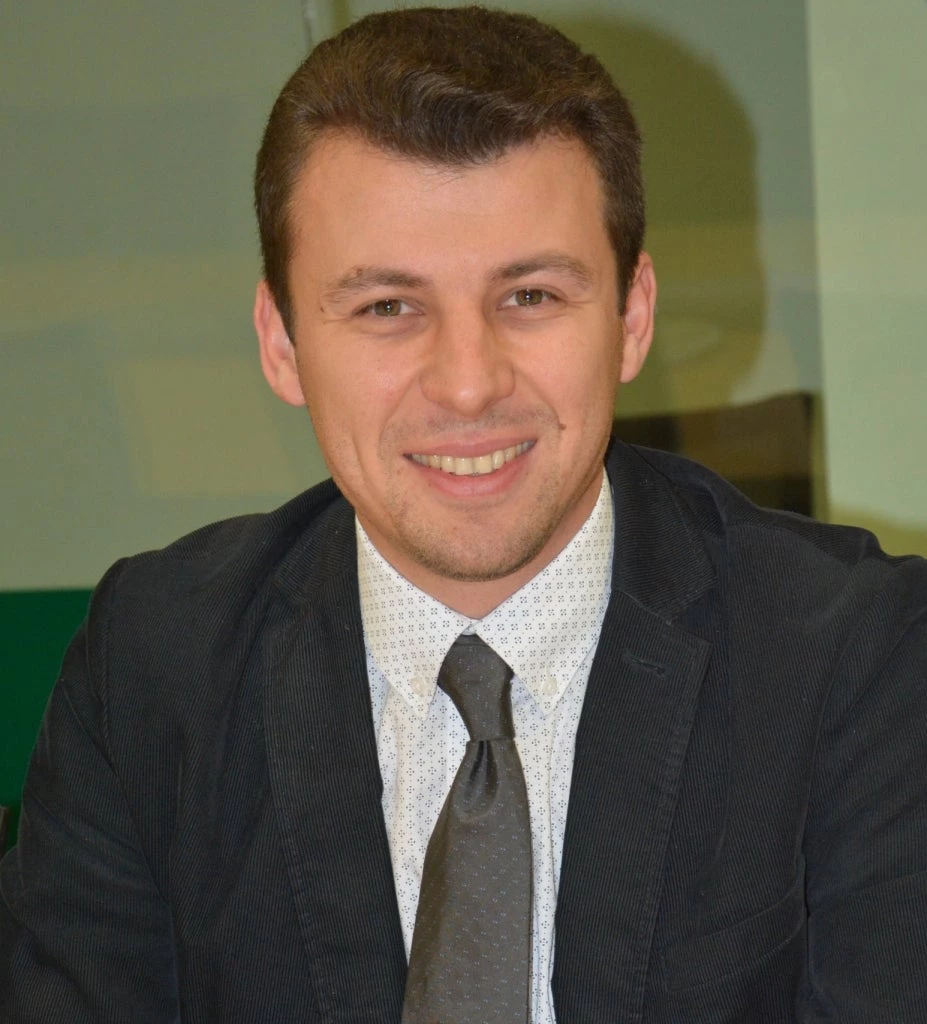
I first moved to Romania in 1998. It was a very different place back then. Stalls of CDs, clothing, pretzels (“covrigi”), and inexpensive electronic gadgets walled the sidewalks of a street that was the artery connecting my neighborhood with the more central parts of the north-eastern city of Iasi.
A sense of hardship was in the air. The city was grey. The collapse of the communist regime left many struggling for a better life in a new system that was striving for the rule of law, democracy and a free market economy.
As a 15-year old student back in those days, I was able to cross the border between Moldova and Romania with my school card. It had a glued color photo of me and my hand-written grades. One time, a border guard asked me if I was a good student. Modesty was not a choice if you wanted to cross the border, or so I felt at the time. He skipped through my grades, smiled and wished me a safe journey.
I moved back to Romania on February 1 st of this year. This time as a 33-year old World Bank staff. It has been 18 years, but now I can call Romania home again.
Bucharest is now the capital of an EU member state and a place of thriving economic activity. The World Bank’s latest Global Economic Prospects report puts Romania’s growth projections for 2016 at 3.9 percent, among the highest in the EU.
Meanwhile, in the city of Iasi, a number of multinational corporations have opened research and development facilities, and online customer service centers, by capitalizing on Romanians’ knowledge of foreign languages and excellent IT skills.
And, a school card is no longer a visa-free travel document to enter Romania. These days you need a biometric passport.
The story of Romania’s success over the past couple of decades is a story of unfinished progress, but also an ongoing story of reforms.
So what is the World Bank doing to help Romania converge with its EU neighbors and achieve greater prosperity for all?
First, the World Bank is supporting improvements in the country’s public administration and assisting with important structural reforms that are needed to fully unlock the country’s growth vigor.
The Bank has scaled up its technical assistance to Romania over the last 5 years in some important areas like social inclusion and poverty reduction, public administration, regional development, education, competitiveness, environment, transport and others.
Second, the World Bank actively supports investment lending. The Romania Secondary Education Project is one such example. Over 250 million EURO will be allocated under the project over the next 7 years to support better educational outcomes and improve the skills of young Romanians entering the labor market. Support is also ongoing to modernize Romania’s health, tax administration and social assistance systems.
Third, the World Bank is busy at work to ensure that Romania’s development trajectory leaves no one behind. This is critical for successful poverty eradication efforts. Romania’s relative poverty in rural areas is still three times higher than in cities and issues of inclusiveness remain high on the agenda. In a recent World Bank report that discusses the challenges faced by Roma in a number of European countries, including Romania, the importance of equality of opportunity as a measure of good economics is a central theme.
So, as I look back at Romania’s past 18 years, it is the progress that I have seen in my own lifetime that inspires the certitude of even greater achievements in the years ahead.
And I am happy to call Romania home again.


Join the Conversation